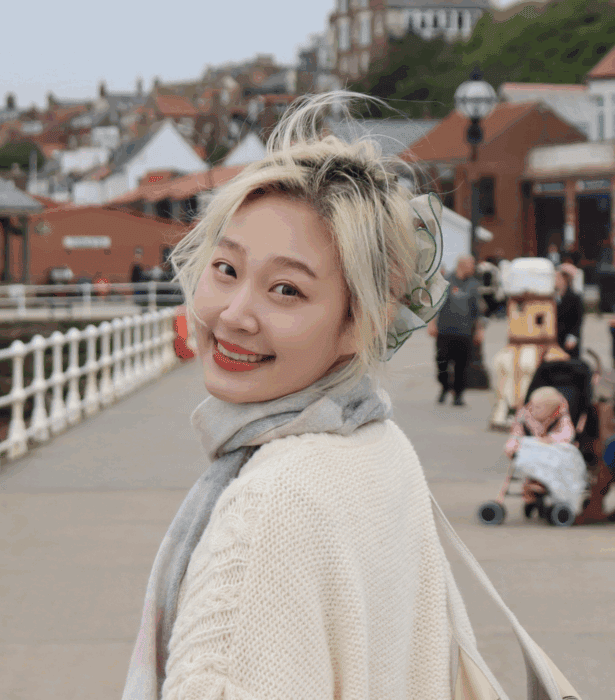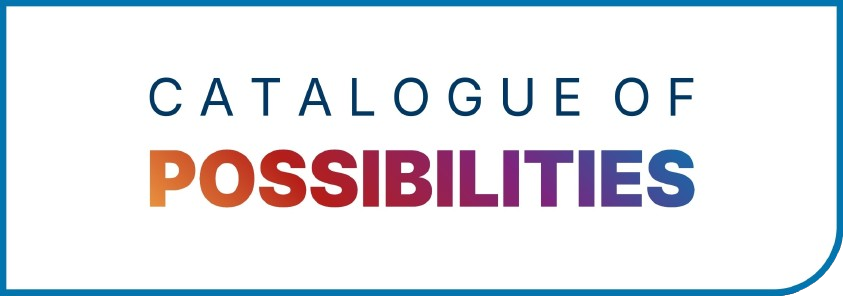Dr Jiabao Xu she/her

Lecturer in Biomedical Engineering
Strategic Research Areas
My research passion lies at the convergence of single-cell technologies, artificial intelligence, and translational medicine. I am driven by the belief that cellular heterogeneity holds the key to understanding disease and developing personalised therapies. My group develops AI-powered single-cell Raman spectroscopy platforms to unlock the molecular fingerprints of individual cells, transforming how we diagnose cancer, autoimmune diseases, and infectious diseases.
We specialise in label-free, non-invasive cellular profiling using techniques like Raman-Activated Cell Sorting (RACS) and machine learning-driven biomarker discovery. Our work spans from fundamental microbiology to clinical translation, recently achieving 91% accuracy in ME/CFS diagnosis and developing ultra-fast pathogen identification systems for hospitals.
I seek collaborations across engineering, computer science, clinical medicine, and materials science to build truly interdisciplinary diagnostic platforms. The complexity of disease requires diverse expertise—from photonics engineers optimising optical systems to clinicians validating real-world applications.
I envision supervising projects that bridge technology and medicine: developing quantum-enhanced Raman sensors, creating multimodal AI frameworks integrating spectroscopic and omics data, or building point-of-care diagnostic devices for resource-limited settings. These projects naturally require teams spanning engineering, computer science, biology, and medicine.
As a supervisor, I believe in hands-on mentorship combined with intellectual independence. I encourage students to present at conferences early, collaborate internationally, and think beyond traditional disciplinary boundaries. My approach emphasises both technical rigour and translational impact—asking not just “how does it work?” but “how does it help?”
Having experienced being an international researcher moving between different academic cultures, I understand the barriers facing diverse students. I actively mentor students from varied backgrounds and have supervised 12 master’s students from different nationalities. I advocate for inclusive research practices and believe diverse perspectives drive better science—something I’ve witnessed firsthand in my international collaborations spanning China, UK, and US.
Beyond the lab, I’m someone who packed a laser in my suitcase to fly from Oxford to Boston—literally carrying my research passion across continents! As someone born in Shanghai who has built a career across three countries, I appreciate how different cultural perspectives enrich scientific thinking. I’m excited about creating an environment where every student can bring their unique background to tackle global challenges

